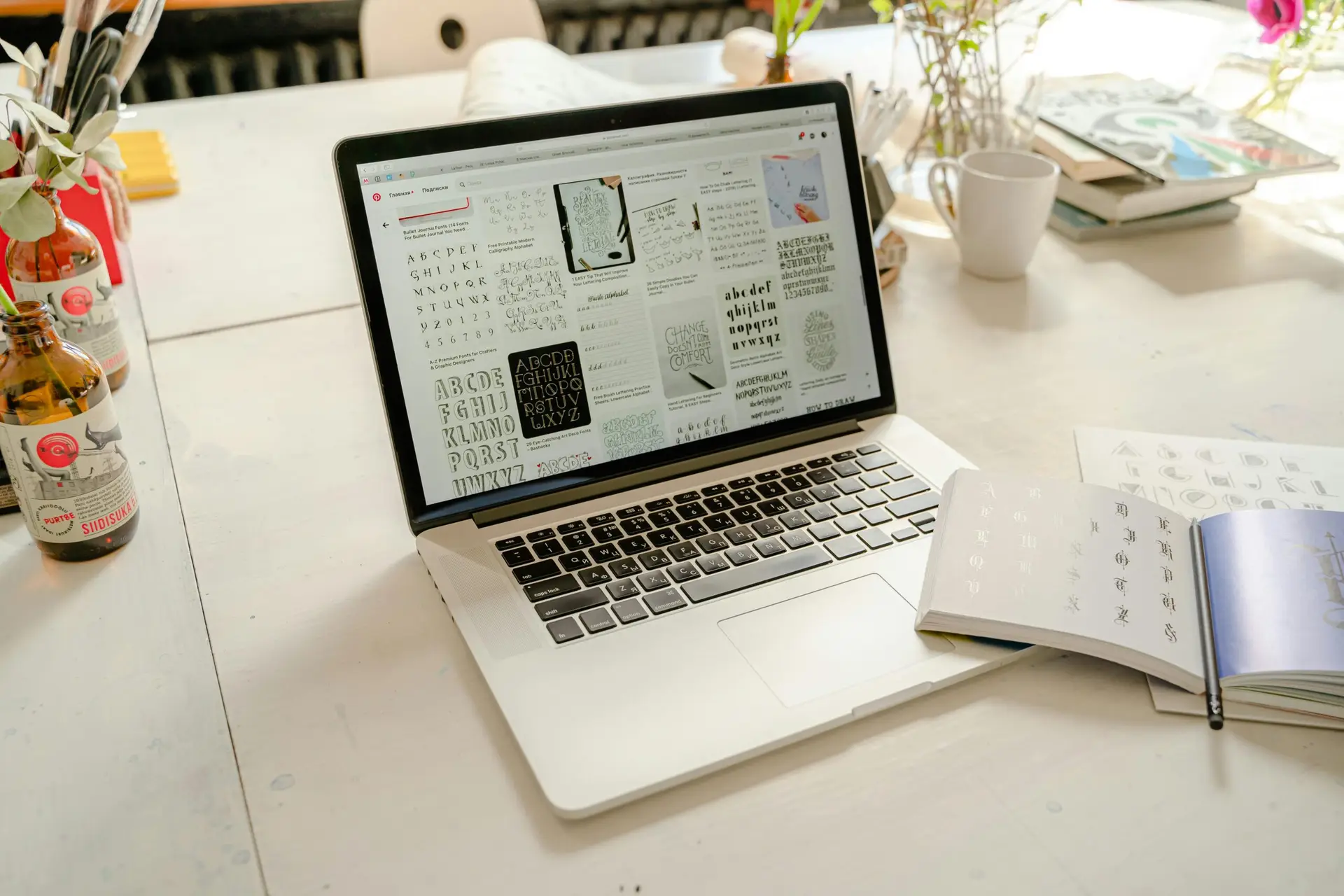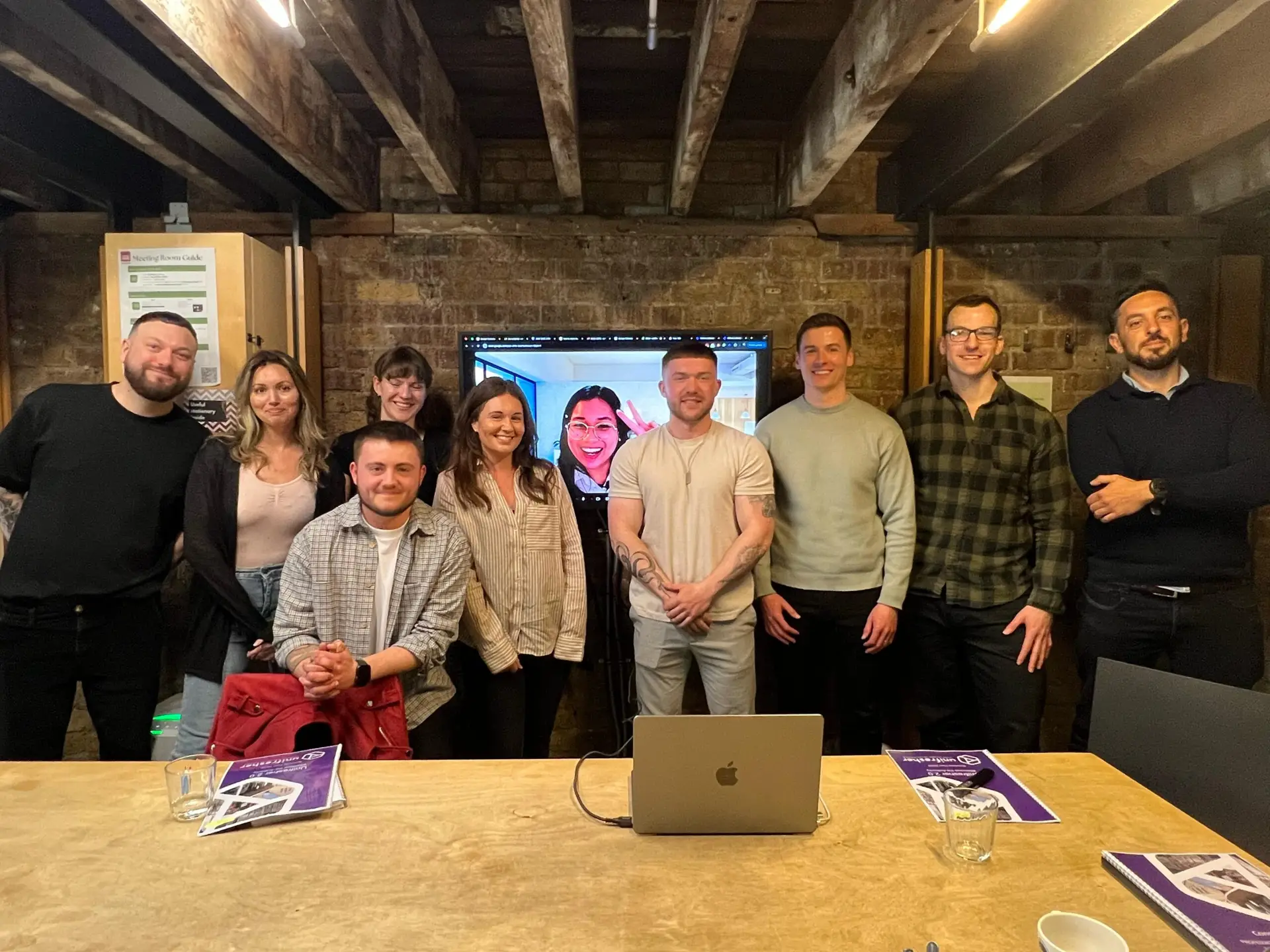Key takeaways
- Top students often employ active recall and spaced repetition techniques
- They create structured study schedules and set specific goals
- Regular self-assessment helps in identifying areas needing improvement
Are you in the midst of a tough assignment? Are you panicking that you won’t get a 2:1 or a first? Well, you have come to the right place! I’m here to give you some tips on how to study like a top student. You’ll be able to master your assignments efficiently within no time! Say goodbye to those nail-biting all-nighters in the library and say hello to a healthy work-life balance 🙂
Take a look at these areas of consideration when thinking about how to set up for some mega productive study sessions (or scroll lower to find step-by-step advice).
Study tips online can range from boring to demeaning in how obvious they are. Sure, flashcards and mindmaps are great, but I think I can go the rest of my life without hearing about them. Here’s some advice that hopefully will give you some new resources and maybe a new perspective.
1. Choose the right environment

Background factors, like where and when you study, are going to impact the quality of your work. I am a big believer in not studying in your room to separate work and home. This way, you’re less likely to see your room as a place of work and it’ll help you destress easier. I like this website that lets you use sliders to create perfect studying ambience where ever you are. Amongst the choices, you can have cafe chatter, rain and even a crackling fireplace to help create a mood that suits you.
It’s also useful to figure out whether you prefer to study early in the morning or later in the evening. Creating a routine that prioritises studying at an optimal time is going to help you achieve a higher output. If you’re unsure how to structure your day, I would recommend the ‘eat the frog’ method. My tutor in college taught me and I’ve found it super beneficial. Essentially, choose a small task that is the most daunting of your workload and try to do it first thing in the morning. That way, it stops occupying space in your mind and you can attack everything else you need to get done.
2. Studying in a place that is NOT your room!

With the above in mind, try to study outside of your room. I must admit, I used to be one of those people that claimed they could “only study in their room”. When I came to university, that completely changed! I found myself doing the majority of my work in the library because my room became so distracting. I’d daydream out the window, treat myself to way too many TikTok breaks and always found myself gravitating towards my bed. If you don’t fancy studying in the library, you could always study in a café! Being a student in Brighton has definitely given me café-exposure that I would have never got in my small hometown! Some cafés in Brighton are perfect for studying, where some give you free refills, some will have loads of plugs to charge your laptop, and some will just have a nice view! It’s definitely worth asking your friends if they know of any good ones or check out Unifresher’s city guides.
3. Find your study technique

Listen, I love a pack of pastel highlighters as much as the next girl. I’m sure you’re aware that you need to be using active methods like mindmaps and flashcards, but I’d like to also spotlight blurting as a technique. This is where you set a timer and try and write down everything about a topic in that time in a stream-of-consciousness style. Then, you can fill in anything you missed and keep repeating until it’s all stuck. I like taking it one step further, in a method I call ‘scrawling’. It’s similar, but I purposely write messily and quickly to alleviate the pressure of having nice notes. If you use different coloured pens for each attempt, the result is truly incomprehensible. I find it a nice stress reliever. Plus, it’s fun to feel like a mad scientist on the verge of a breakthrough.
It would be remiss not to mention past paper questions as an invaluable study technique. This is easily the best way to understand what is expected of you. It’s also so useful to get in the mind of the examiner. If you take an essay subject like me, I would tweak this to apply to formatives as well. If you get the chance to do work that is informally assessed (especially if it’s work that’ll later be graded) take it!
4. Be time-efficient

Setting out to revise five hours a day is all well and good if you can actually sustain that productively and healthily. In my article on academic burnout, which you can read here, I detail why revising more than you need to can actually be counter-productive. It’s better to study less whilst using your time more wisely. A technique you might have heard of is the pomodoro timer, where you work in short bursts. Traditionally, you study for 25 minutes and then take a five minute break before focusing for another 25 minutes. This is adaptable of course, and for a more involved project you might want to do something like 40 minutes on then 20 minutes break.
My biggest obstacle to efficiency is the temptation to go on my phone. I have found my hiding my phone in my bag or even just behind my laptop it gets rid of the urge to look at it. Recently, I found Hank Green’s app Focus Friend that locks your phone to help you, well, focus. It’s also a game, and by taking time off your phone you earn money to decorate a little room. In drastic situations, you could hand your phone to a friend so that they can hold you accountable.
5. Get to know your learning style

Not everyone is going to find the same style of learning useful. Classroom discussion might be what helps your mind engage, or it might be a hands-on practical activity. Visual, audial, kinesthetic: there’s a range of ways you could be adapting your studying to suit you. Think about what reinforces information in your mind; you’ll might find that you strongly favour one or prefer a mix of techniques. It’s good to try different things out in order to know yourself better.
A great visual technique is the mind palace. You might think it requires a lot of skill to master, but it’s actually been proven to be effective and easy to pick up. If you don’t know what it is, you pick a location or journey you are familiar with (like your kitchen or your commute to uni) and then chose objects to represent information you are trying to learn. If you keep practicing, the connection becomes extremely natural and easy to recall. I still remember the causes of deforestation from GCSE geography thanks to this technique!
If you instead fancy yourself an audial learner, I would recommend explaining to a friend who can quiz you. No one nearby? You can also record yourself explaining the information and then listen back as a studycast that can be used on the go. For anything that you need to remember with great precision, I like turning it into a song. You can use the melody of a real song or make up your own. I’ve used this to memorise poems and the only downside is that you make it too catchy and can’t listen to the original anymore.
6. Understand your individual source of motivation
One study tip that really reframed how I think about how I work is where I get my motivation from. Wanting to get a good grade, make parents proud or knowing you have a meet up at the end of the week can definitely encourage you to work that little bit harder. As these are all external factors they are called extrinsic sources of motivation. They can be helpful, but also tiring or stressful to depend on.
Ideally, you want to be getting your motivation in a more intrinsic way. Unjaded Jade has a great short video on this which details why it can be beneficial to get motivation from the enjoyment of studying in itself. It might sound easier said than done, but think about what made you decide to do your degree in the first place. Taking a step back you may remember your subject is actually interesting! By reconnecting with the passion you have for your degree, it’s way easier to get yourself to sit and learn about it.
7. Complete readings/essays ASAP!
Now I know this sounds easier said than done but honestly, if you can stick to this habit every week, you will feel the most productive you have ever felt! For example, I used to have a lecture every Tuesday 3-4pm. As soon as this lecture was finished, I would go to the library to read over the notes I made to check that I understood them. I would then start preparing the readings for my Friday seminar. Sometimes, life throws curveballs at you, and you may have other commitments which means you can’t do them immediately after a lecture. Therefore, I’d recommend looking at your calendar to see if you could do some work the day after instead. ASAP is always better than the night before. Not only does it make you feel on top of your work, but you’ll have a better understanding as to what is going on in your lectures/seminars. Overall, the more time spent on assignments, the more well-put-together your analysis is!
8. Ask for help if you need it (remember it’s a strength, not a weakness!)

This is a calling to all my fellow “they need to contribute more in class” people. Your lecturers have student hours for a reason! Please make the most of them. They can’t give you exact answers for upcoming assignments, but they can help you define terminology and explain concepts using different examples. If you’re too nervous to ask your lecturers in person, you can always email them! They should get back to you pretty quickly, unless they have made it known they are on holiday. You can also ask your course mates. Obviously, you can’t ask to directly copy their work but sometimes they can explain concepts better than lecturers!
9. Try using AI to simplify and better understand

Another tip is to use AI. While you can’t use chat GPT to write an essay for you, you can use it to explain concepts and theories more simply. For example, type in ‘explain X to me as if I was a 12-year-old’. It sounds weird and a bit like you’re dumbing yourself down, but honestly it’s a really useful way to to get your head around something – quickly too!
You can also use it to simplify abstracts from research papers or chapters from books too. Sometimes no matter how often we read something it just won’t stick, so chat GPT or an AI alternative can be a good way of rewording things and actually understanding them.
10. Have things planned to look forward to!

Studying is exhausting. Having plans with friends or family to look forward to is essential! You could go for bottomless brunch, go shopping or take a scenic walk! Whatever you choose to do, your body will thank you for it. Top students are not the ones who spend hours upon hours in the library. This will lead to burnout, and nobody wants that. The top students are the ones who are able to create a healthy work-life balance between completing work, socialising, and resting. Remember, work smarter not harder! Just because you have completed an 8-hour shift in the library, does not mean that what you have written is 2:1 worthy! You may have been tired and when you read it back, you’ll see that it makes no sense! I find that little but often is always the best approach to completing university work.
All of these tips will help you maintain a healthy work-life balance and therefore, you will naturally become a top student! It takes around 60 days for something to become a habit so if you can keep these up for 2 months, these habits will become second nature to you.
Authors
-
Hi, my name is Lara and I'm undertaking a degree in Journalism, Media and English Literature at Cardiff University. I'm keen on reading the classics, and I also love board games (especially social deduction ones). When I'm not studying I like to inline skate, play the guitar and crochet.
View all posts -
I'm a linguistic student who is passionate about creative writing. I'm particularly intrigued by the power of poetry and how it communicates with people. When I'm not writing poetry, I am thrift shopping, going on coffee dates and visiting bookshops!
View all posts
-
Connor is a seasoned content expert at Unifresher, specialising in publishing engaging and insightful student-focused content. With over four years of experience in data analysis and content strategy, Connor has a proven track record of supporting publishing teams with high-quality resources. A graduate of the University of Sussex with a BSc in Accounting and Finance, he combines his academic background with his passion for creating content that resonates with students across the UK. Outside of work, Connor enjoys staying active at his local gym and walking his miniature dachshunds.
View all posts






